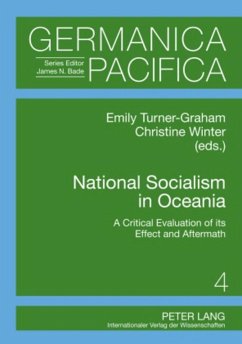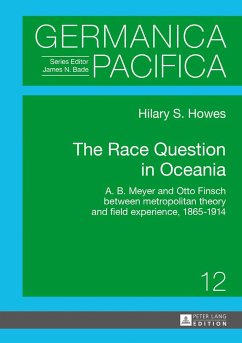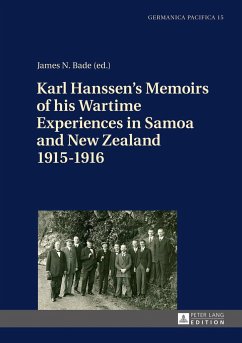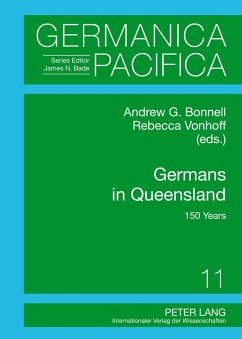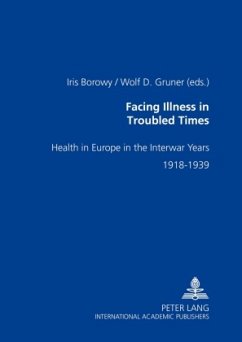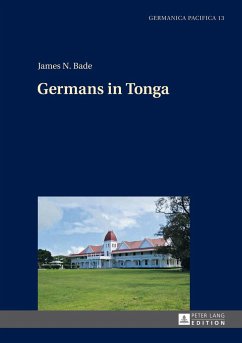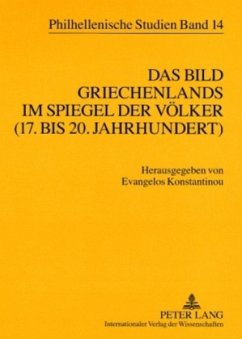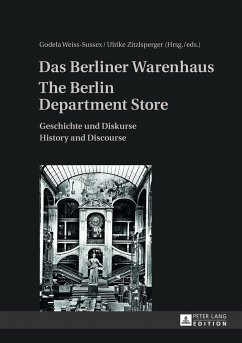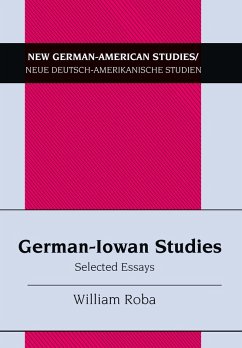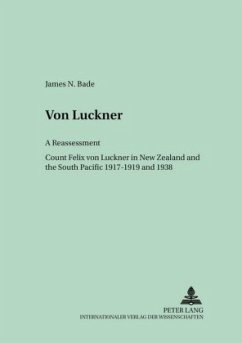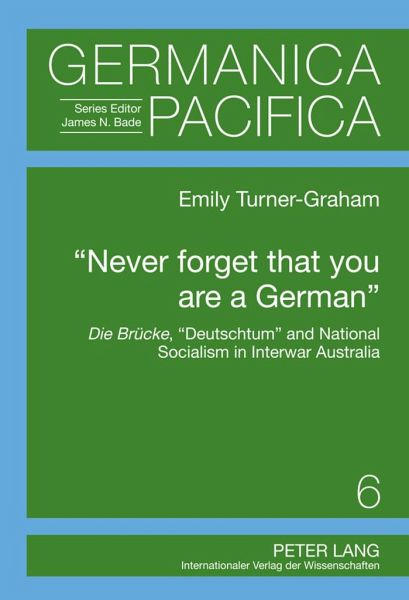
'Never forget that you are a German'
Die Brücke, 'Deutschtum' and National Socialism in Interwar Australia
Versandkostenfrei!
Versandfertig in 6-10 Tagen
74,60 €
inkl. MwSt.

PAYBACK Punkte
0 °P sammeln!
This book is the first detailed cultural study of Nazi ideology as it was presented to the interwar Australian public, most particularly its German-Australian population. The newspaper Die Brücke (The Bridge) was launched in Sydney in 1934. It was the brainchild of the League of Germans in Australia and New Zealand and the German-Australian Chamber of Commerce. «Deutschtum» (Germanness) was at the heart of its mission, as it was at the heart of National Socialism itself. The question of how Germanness could be defined was at the core of German political and social debate long before Germany...
This book is the first detailed cultural study of Nazi ideology as it was presented to the interwar Australian public, most particularly its German-Australian population. The newspaper Die Brücke (The Bridge) was launched in Sydney in 1934. It was the brainchild of the League of Germans in Australia and New Zealand and the German-Australian Chamber of Commerce. «Deutschtum» (Germanness) was at the heart of its mission, as it was at the heart of National Socialism itself. The question of how Germanness could be defined was at the core of German political and social debate long before Germany's national formation, and only intensified following it. National Socialism provided a new means of defining «Deutschtum». Die Brücke, seeking to lead a renewed embrace of Germanness among members of the German-Australian community, hoped that German identity would be exhumed from its perceived anglicised entombment by wholly adopting a Nazi understanding of German self. As such, Die Brücke was partially funded by Germany's Nazi government. Die Brücke's publication represents the most significant statement made in Australia of a nazified «Deutschtum» and a challenge to the idea that Nazism was «not for export».



